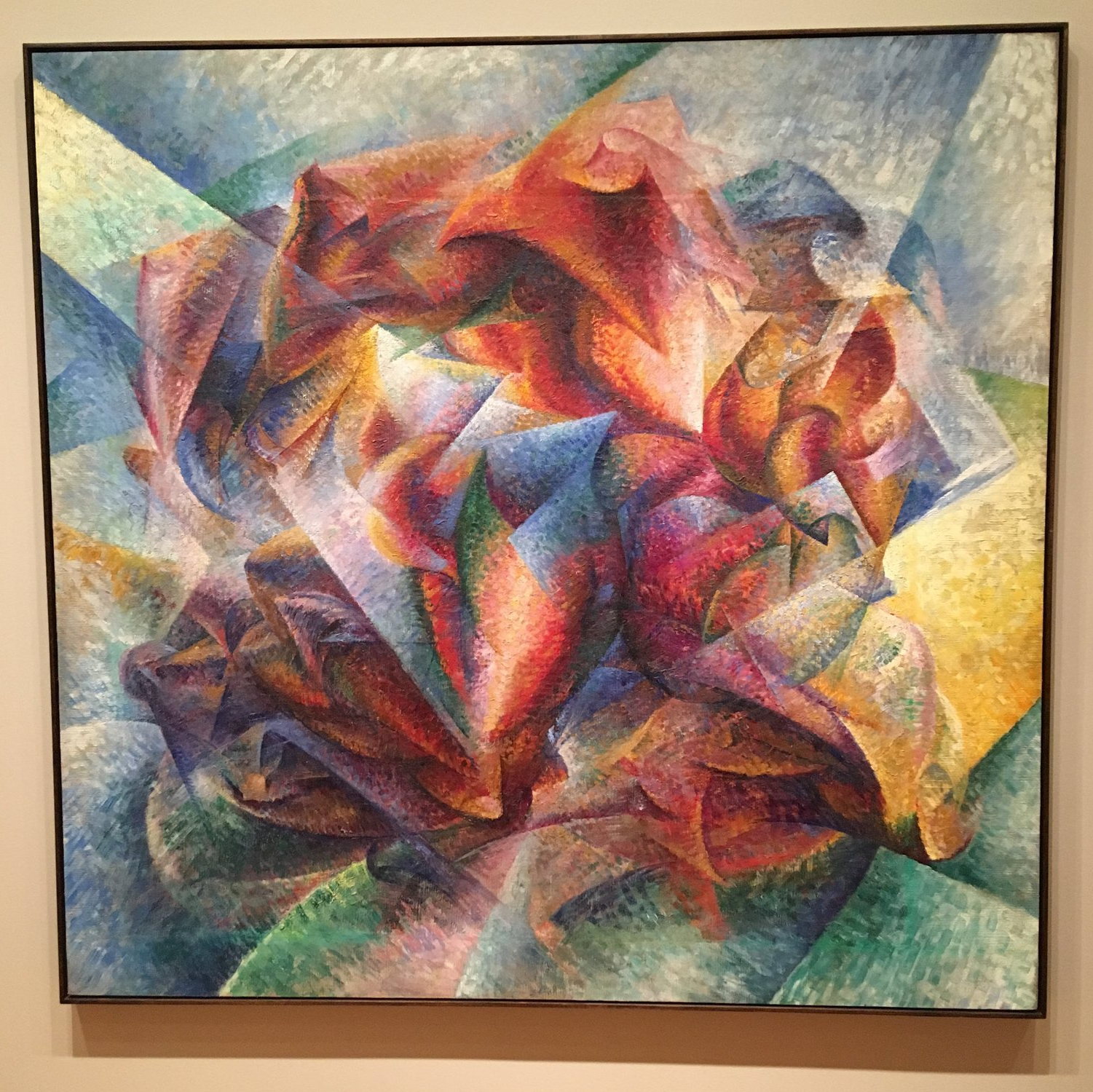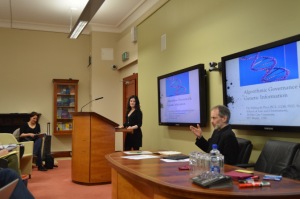
Extending from the last missive on Computational Theology, I want to dive into the question of what it means to have a theology of machines, a machine theology, or a theology generating machine. Each of those three descriptions is different – a theology of machines is about believing in machines as otherworldly things. It’s a little challenging to think about how we might worship a toaster, but perhaps less fantastic to think about how we might worship a machine that no one had ever seen before, and that landed on earth from outer space. A machine theology asks what do machines believe? To assign belief to a machine, to assert that machines demonstrate a teleological sensibility, may be a stretch; but let’s see, shall we? When we consider ‘machine ethics’, we are opening up Langdon Winner’s question of whether artifacts can have politics; I go further than he does. Winner suggests that a machine can’t have its own politics, but that it can embody political biases. I would argue – in considering the distinction between lived and transcendent theologies that I wrote about in my last post, and the further distinction of strong lived theologies that trend towards the transcendent – that advanced machines machines can possess a strong lived theology. A theology generating machine is a more future looking device that predicts likely futures based on a Laplace’s Demon kind of model, becoming through its predictions a time machine of sorts. It has parallels in the Oracle at Delphi, Psychohistory in Asimov’s Foundation series, and is grounded in the biblical divinity of prophesy (the prophets, those who tell the future, are closer to God), and ancient practices of divination.
Continue reading “Theology and Technology in Review”



 irrational side of totalitarianism.’ His best remembered work
irrational side of totalitarianism.’ His best remembered work